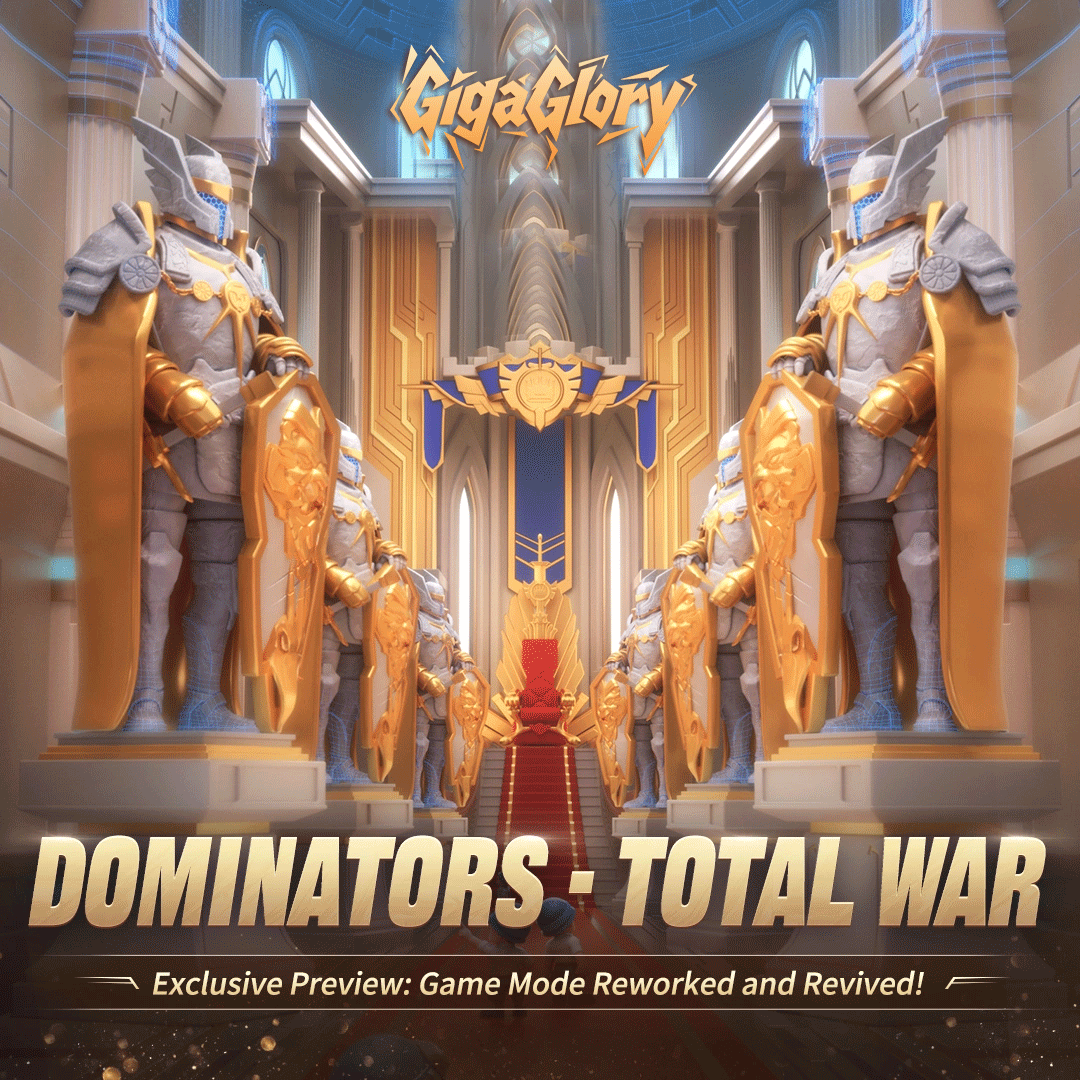Why Simulation Games Are the Ultimate Creative Games for Imagination and Strategy
Simulation games have carved a unique niche in the realm of gaming. Their allure lies not just in the immersive experiences they offer but also in how they blend creativity with strategy. In this article, we'll explore the intricate world of simulation games, examining how they stimulate imagination while providing tactical challenges. Ready your controllers as we dive deep into this fascinating genre.
What Are Simulation Games?
At their core, simulation games replicate real-world scenarios, allowing players to experience and manage various aspects of life or strategic challenges. Unlike traditional games that focus solely on combat or scoring, simulation games encourage players to think critically, plan ahead, and adapt to changes in the environment.
The Creative Aspect of Simulation Games
Creativity in gaming often gets overshadowed by action-packed titles. However, simulation games like The Sims or SimCity offer players a canvas to express their creativity. Whether decorating a virtual home or orchestrating a bustling city, these games provide endless possibilities for self-expression.
Strategy: The Heart of Simulation Games
While creativity plays a significant role, strategic thinking is what keeps players engaged. Games like Delta Force Pin test players not just on their combat skills but also on their ability to plan tactics and manage resources. This balance between imagination and strategy is what makes simulation games so captivating.
Understanding Six Kingdom Puzzles
As players delve into the **Six Kingdom Puzzles**, they encounter intricate scenarios combining different regions and cultures. The challenge lies in uniting these six kingdoms through clever strategies, making choices that affect the outcome. It emphasizes that the path to victory requires both imaginative insight and strategic execution.
The Psychology Behind Simulation Games
Why do these games captivate millions? The answer lies in psychology. Simulation gaming allows players to explore complex scenarios that may not be feasible in real life. The freedom to experiment without real-world consequences fosters a safe space for creativity and problem-solving.
Simulation Games and Learning
Beyond entertainment, simulation games serve educational purposes. Their real-life applications make them useful tools for teaching concepts in economics, sociology, and even environmental science. Games like Kerbal Space Program teach physics principles, allowing players to build their own spacecraft and explore the cosmos.
Table: Popular Simulation Games and Their Attributes
| Game Title | Focus Area | Target Audience |
|---|---|---|
| The Sims | Life Simulation | General Audience |
| SimCity | City-Planning | Strategy Enthusiasts |
| Delta Force Pin | Military Tactics | Shooting Gamers |
| Kerbal Space Program | Aeronautics | Science Students |
Building Your Own World: How to Get Started with Simulation Games
Diving into simulation games can be daunting, but a few tips can ease the journey:
- Choose your genre: Decide whether you prefer life simulations, city builders, or military strategy games.
- Start simple: Begin with games that offer tutorials to understand the mechanics.
- Explore user-generated content: Many games have communities that share their creations, enhancing the gaming experience.
How Simulation Games Impact Creativity
Engaging with simulation games encourages out-of-the-box thinking. Players are required to devise strategies, solve problems creatively, and adapt to changing scenarios. This mental exercise translates to real-life situations, honing critical thinking and decision-making skills.
Challenges in Simulation Gaming
Like any genre, simulation games come with their challenges:
- Steep learning curve: Some players may find certain games complex and discouraging.
- Time-consuming: Many simulation games require significant investment to reach satisfying outcomes.
Feedback and Community Engagement
One of the most rewarding aspects of simulation games is the community. Players often share builds, strategies, and experiences, fostering a supportive environment that enhances the gameplay experience.
Conclusion
Simulation games stand out as a unique blend of creativity and strategic gameplay. They offer an engaging platform for imagination while challenging players’ tactical skills. Whether diving into the world of **Six Kingdom Puzzles** or strategizing in **Delta Force Pin**, there’s something for everyone in the realm of simulation gaming. With their ability to stimulate creativity and hone strategic thinking, simulation games undoubtedly remain a pivotal component of the gaming world.



